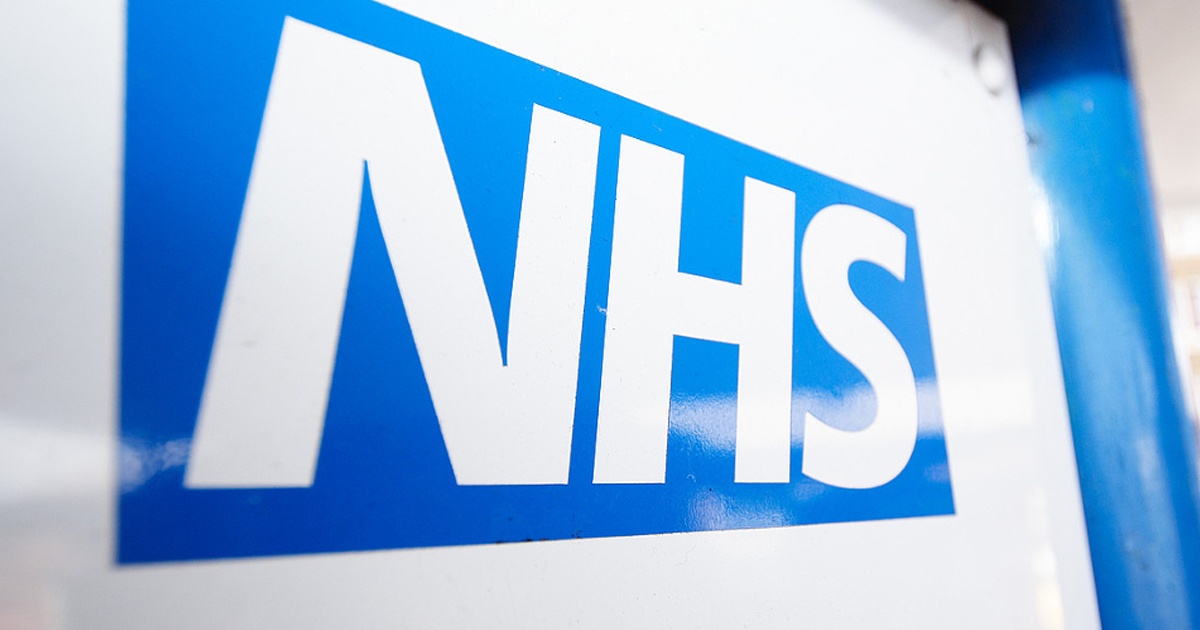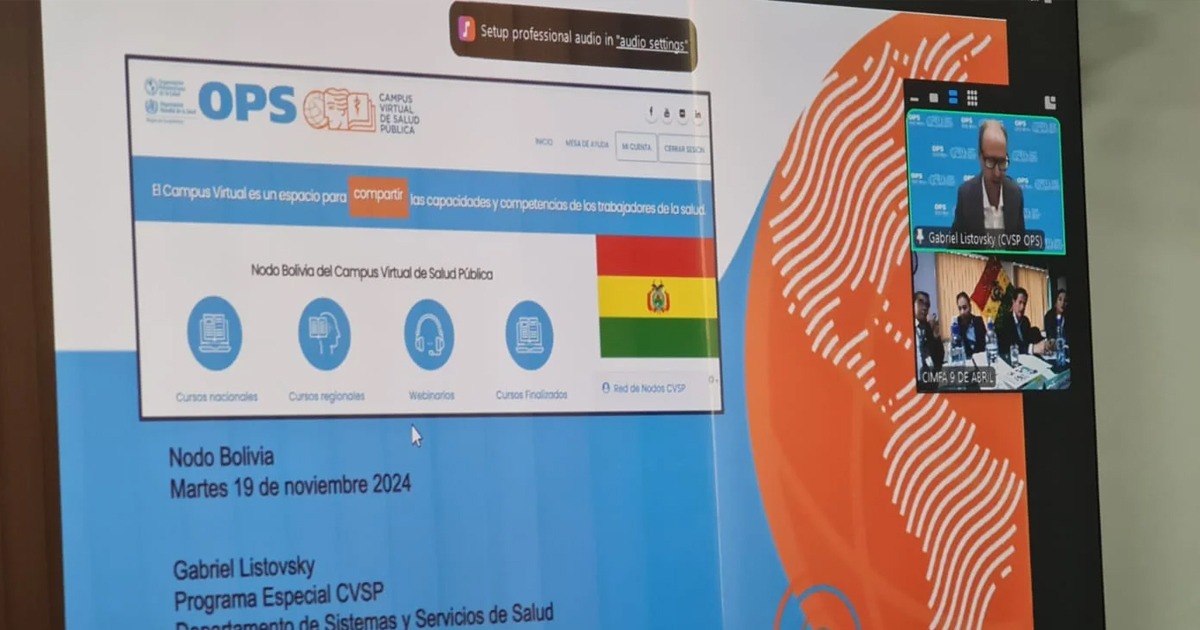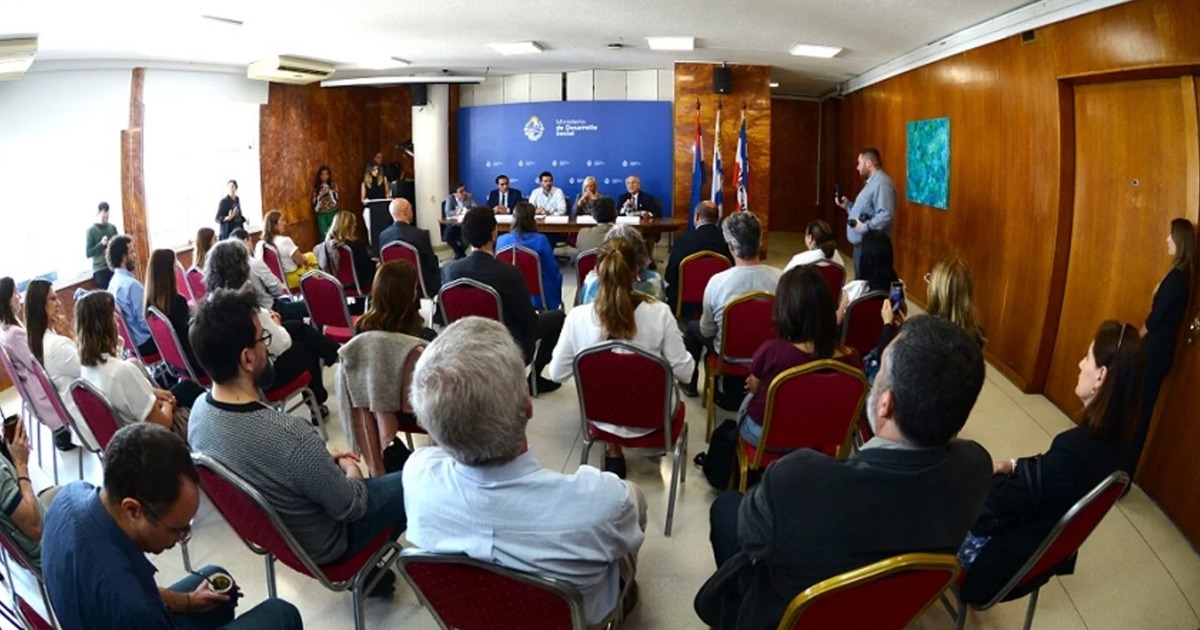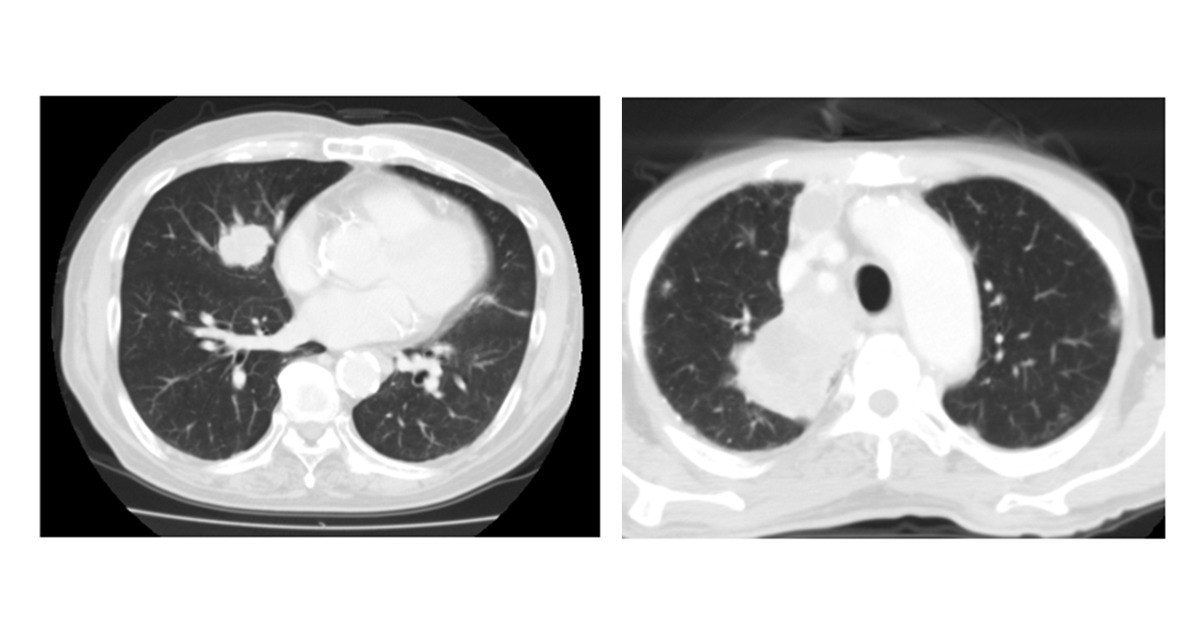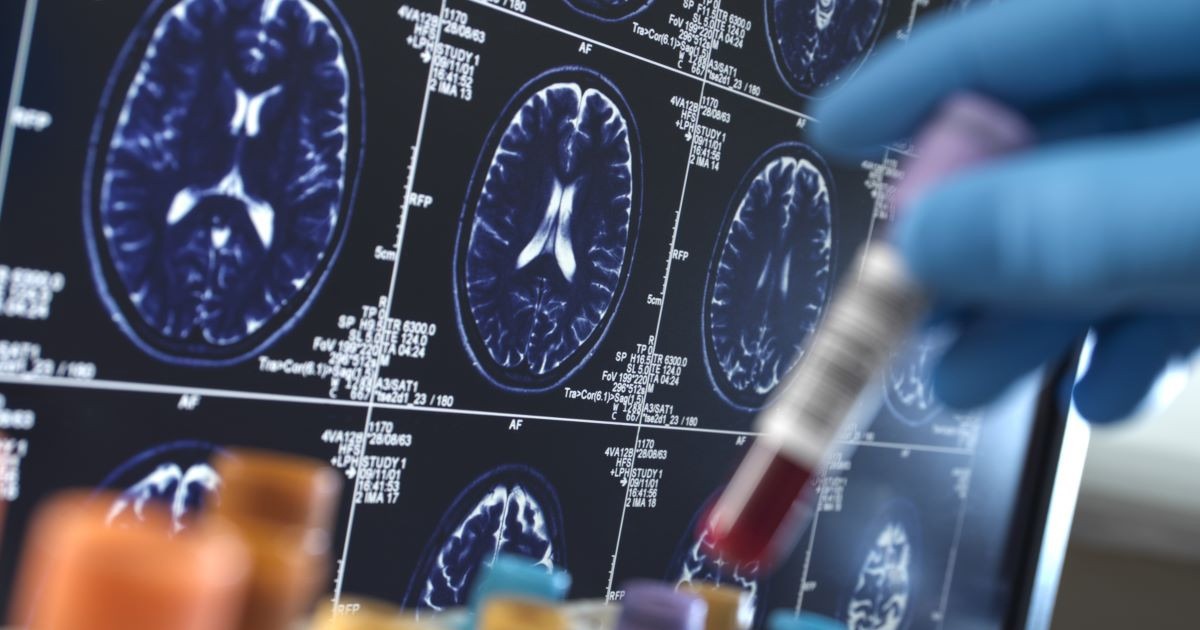During the webinar organized by the Circle of Legislators of the Nation and the Institute of Strategic Studies and International Relations (IEERI), the specialists addressed issues on the new strategies to update the regulatory map in Digital Health.
The "Change of Roles" event, organized jointly with the National Congress, also had the participation of the Health Observatory, the Digital Health Accreditation Office (OASAD) of the Law School of the University of Buenos Aires (UBA ).
The objective of the meeting was to present the academic cooperation agreement with the UBA and its Health Observatory, for the promotion of new legislative strategies for the regulatory map in Digital Health.
“In the year 2022 we are going to advance in the revision of the necessary norms to regulate Digital Health and thus protect the human rights of people so that they can access technology and thus access health services in the search for the health citizenship”, explained the deputy and secretary of Social Welfare and Health of the Circle of Legislators, Cristina Guevara.
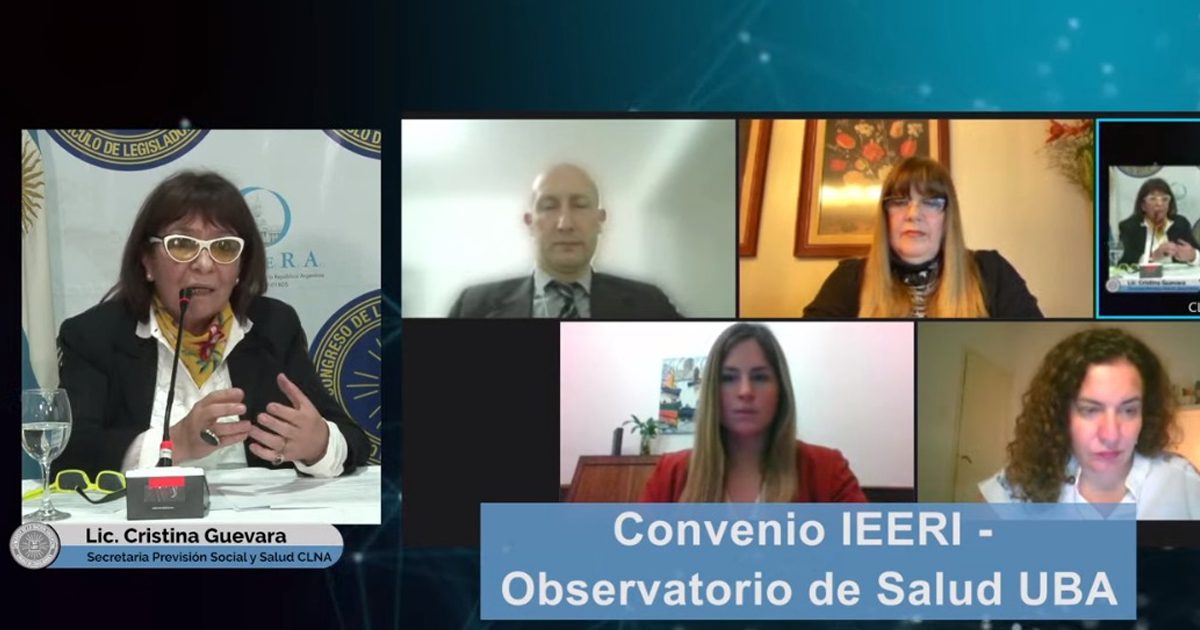
Dr. Marisa Aizenberg, director of the Health Observatory and of the OASAD, explained that the irruption of technologies and the use of devices, media and networks for the health sector are producing a real transformation in the models of intention and management of Health. For this reason, he highlighted the importance of health data and advanced techniques for its analysis, such as mathematical algorithms, artificial intelligence, machine learning, statistical models, neural networks, among other techniques.
On the other hand, to end the webinar, the deputy and vice president of IEERI, Horacio Perneaste, pointed out that "Digital Health has enormous advantages such as the possibility of providing care to places where distance is a critical factor, conducting interconsultations with specialists, the follow-up of patients with chronic diseases in their homes and also works as a training channel”.
Likewise, he highlighted the need to have an orderly and systematized vision to reduce the gaps in access to health care.
